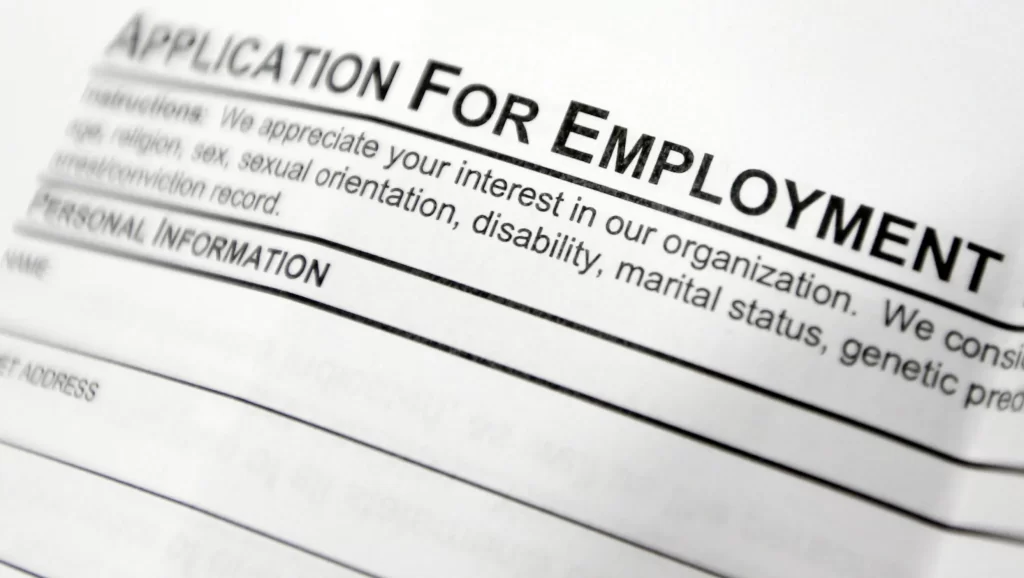Employment opportunities are often hindered by past criminal convictions. In some cases, a criminal record can prevent someone from obtaining a job or continuing to work in their current position. An Expungement can help remove any criminal record and allow an individual to gain back employment opportunities.
There are many benefits to an Expungement. For example, an individual can regain access to education and housing opportunities. Additionally, an Expungement can improve the chances of obtaining a loan or getting hired for a new job. Expungements can also reduce the chance of being arrested or deported in the future.
An Expungement is not always easy to obtain. The process may require submitting additional paperwork and meeting specific requirements. However, the benefits of an Expungement outweigh the costs associated with obtaining it.
The Difference between Expungement and sealing a Criminal Record
The two main types of record sealing are Expungement and destruction. Expungement is the removal of a criminal record from public view. Sealing means that all information about the offense has been withheld, which may or may not include Expungement.
There are several factors to consider when choosing between Expungement and sealing:
-The severity of the crime: If the crime is a misdemeanor, it is usually easier to get an Expungement than if it’s a felony.
-The time since the crime occurred: The sooner the offense is over, the better.
-The person’s criminal history: If someone has had few or no criminal convictions in recent years, they may be eligible for an Expungement instead of a sealing.
The Impact of an Expungement on a Person’s Rights
An Expungement is a process by which an individual’s criminal record is cleared or removed. It can have a significant impact on the person’s rights, both socially and legally. An Expungement can restore an individual’s right to vote, hold public office, and receive certain professional licenses. It can also protect an individual from potential discrimination in the workplace.
The decision to seek an Expungement must be made individually by the person affected. The process typically involves filling out an application and providing documentation of the offense(s) for which the person is seeking relief. The application may be submitted to the appropriate court or agency, which will then decide whether to grant the request. If granted, the records will be expunged, meaning they will be removed from public view and no longer considered part of the individual’s criminal history.
The Impact of Expungement on Immigration Status
Expungement is an important tool to help individuals who have committed crimes get their criminal records sealed or destroyed. The removal of a criminal record can impact someone’s ability to obtain a job, housing, education, and other essential services. In some cases, a criminal record can also make it difficult for an individual to travel outside the United States.
The process of Expungement varies by state, but typically requires the completion of an application form and payment of a fee. Once the application is complete and the fees are paid, the court will review the case and may order that the record be expunged. Expungement is not always guaranteed, and there are often exceptions depending on the type of crime involved and the age of the individual at the time of conviction.
The Effect of Expungement on Professional Licenses
Expungement is a process of clearing an individual’s criminal record. The purpose of Expungement is to rehabilitate offenders and to ultimately protect the public. There are several factors that can affect an individual’s eligibility for Expungement, such as the type of crime committed, whether or not the individual has been convicted, and the length of time since the crime was committed. Ineligible crimes include felonies and some misdemeanors. The process of Expungement is usually straightforward and requires only a signed affidavit from the offender. Depending on the state, individuals may also need to file a petition with the court or pay a fee. Expungement may have a positive effect on an individual’s professional license, depending on the jurisdiction. Some states require that an individual be granted Expungement before their license can be reinstated.
Expungement on Background Checks
Expungement is the process of legally erasing a criminal record. In most states, Expungement is available to individuals who have completed all requirements of their sentence, including paying any fines and completing any required probation or parole. There are a few exceptions, such as if the individual was convicted of a violent crime or if they have health problems that could make it difficult for them to live without being monitored.
The benefits of Expungement are numerous. For one, it can help restore someone’s reputation. It can also help people gain employment opportunities and access education or housing. Finally, Expungement can provide protection from criminals who may be looking for former criminals to victimize.
To qualify for Expungement in most states, you must meet certain requirements, including having completed your sentence and paying any fines and fees associated with the conviction.

